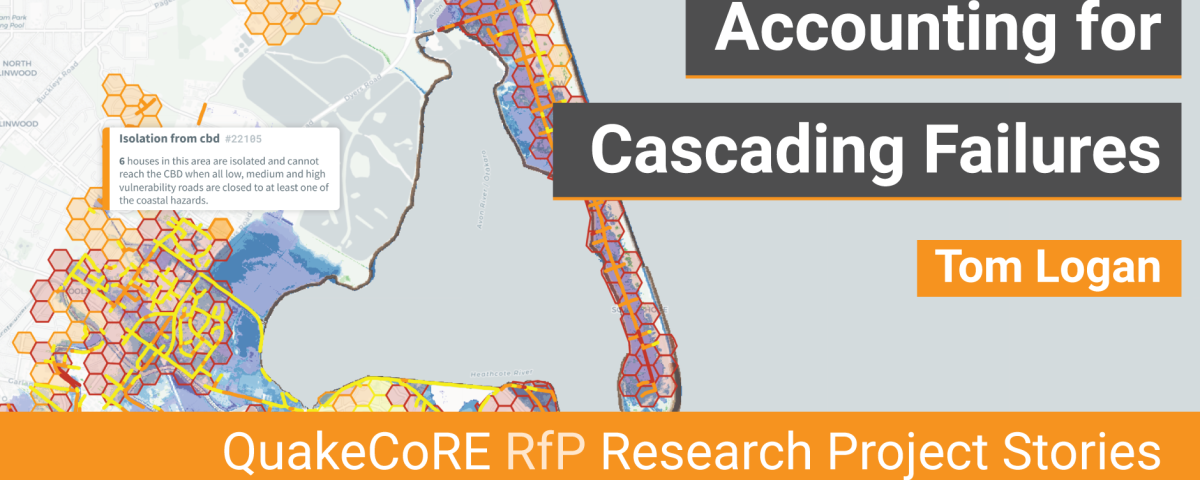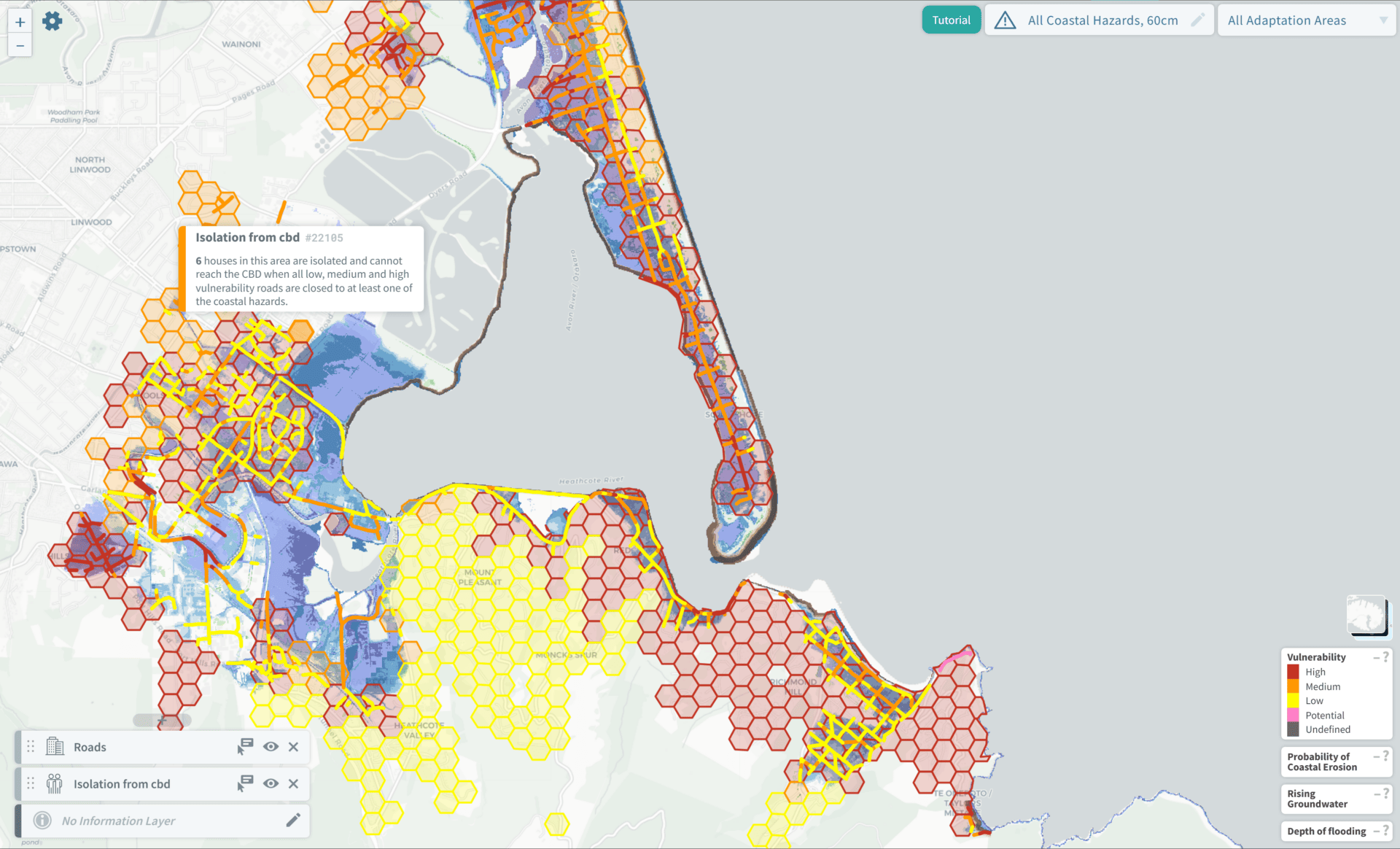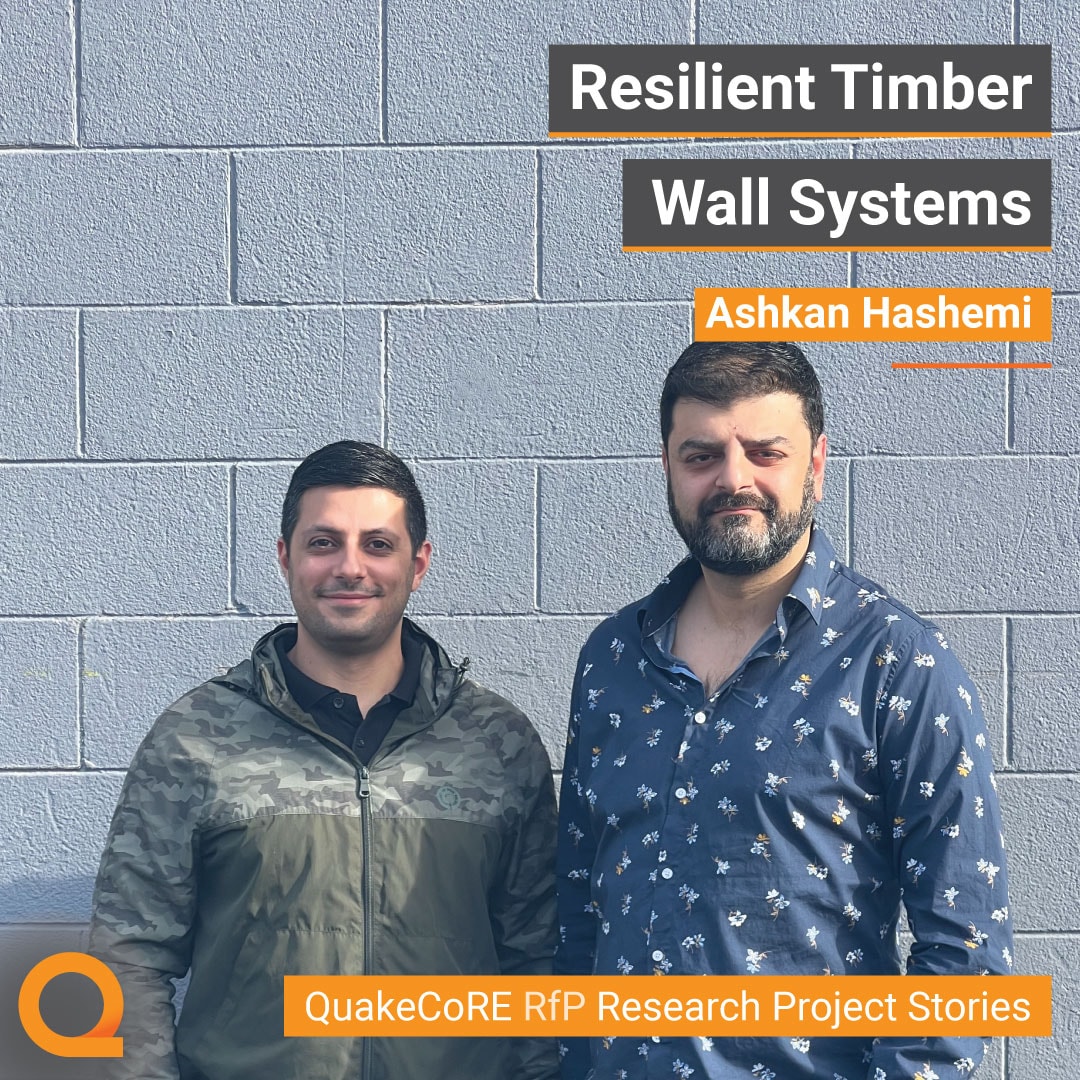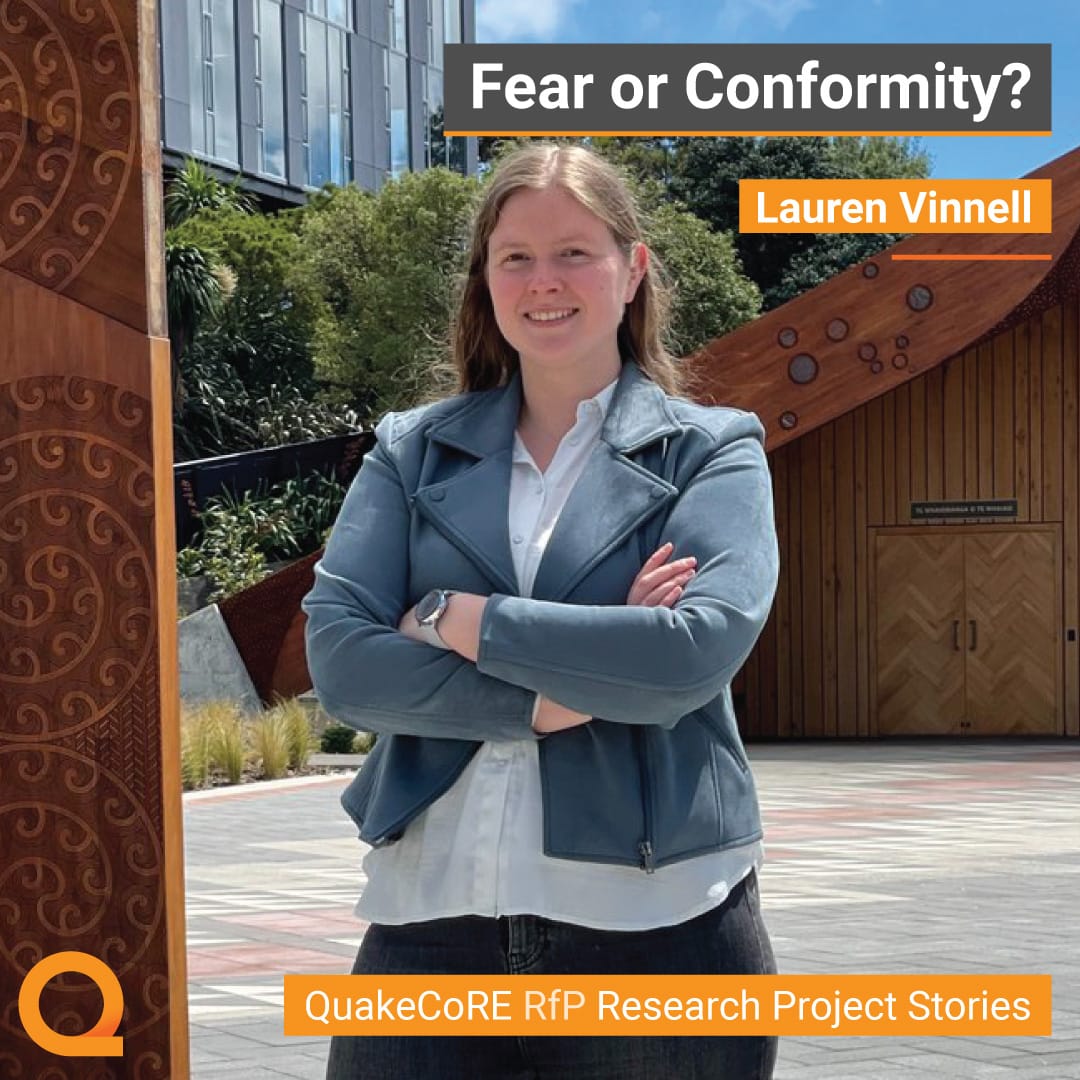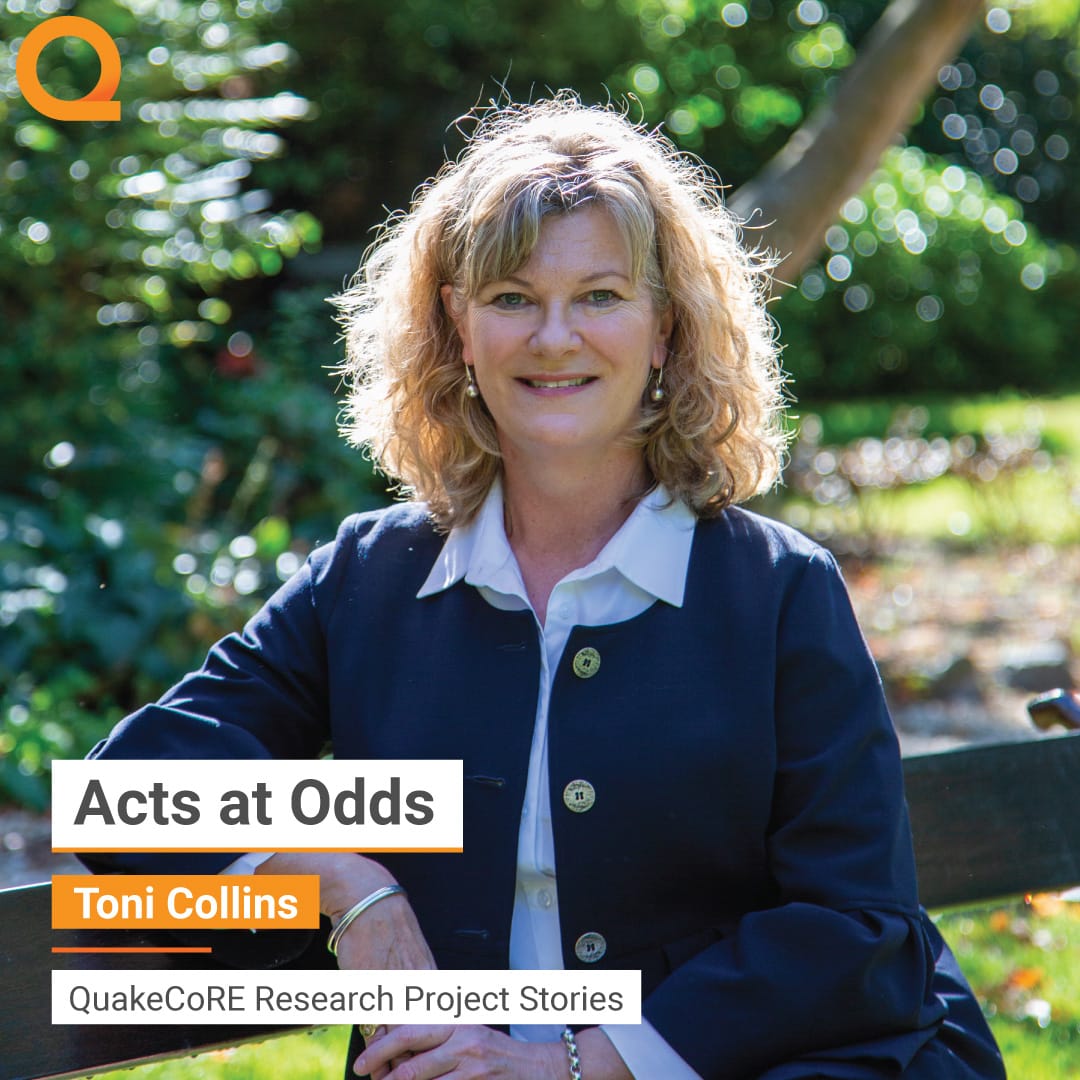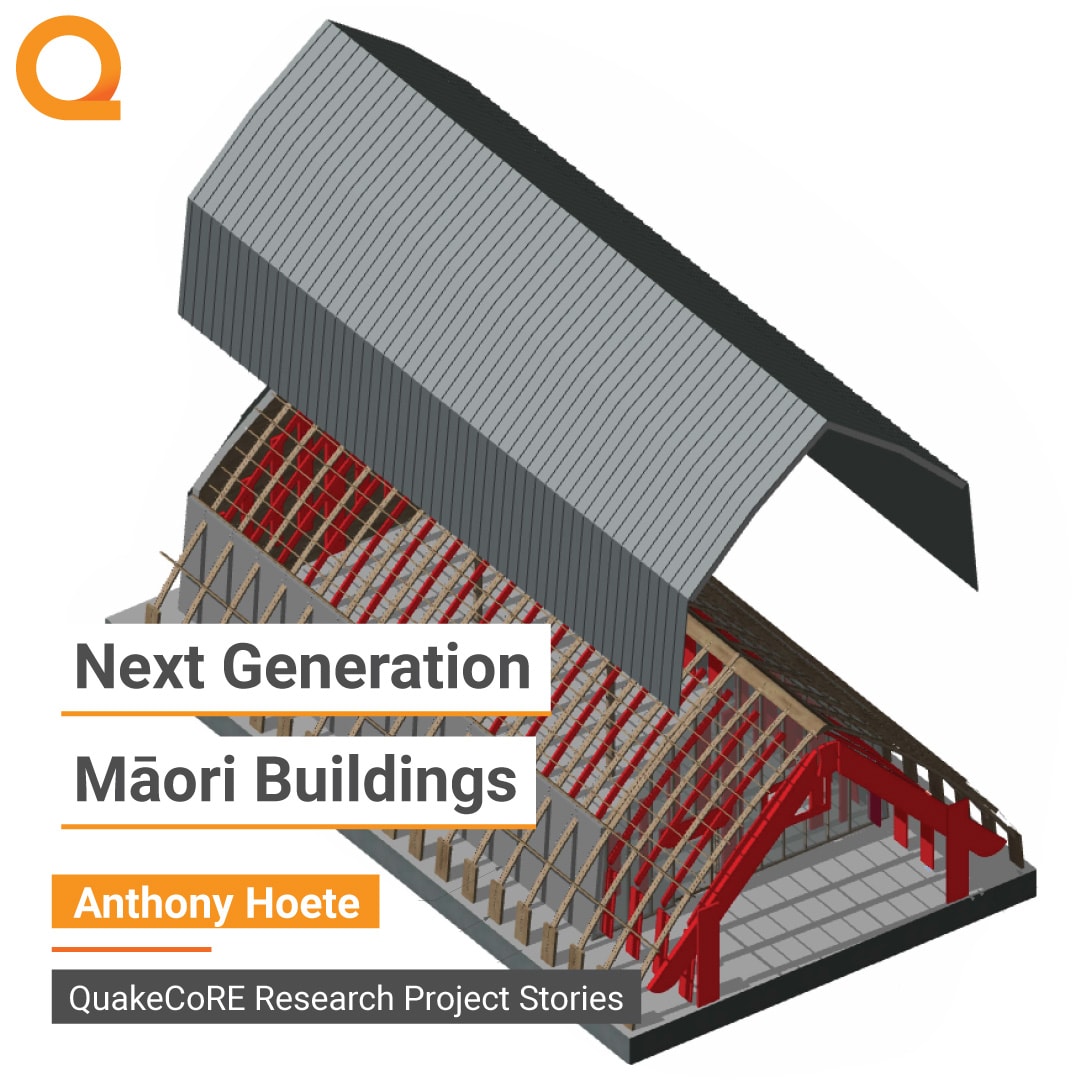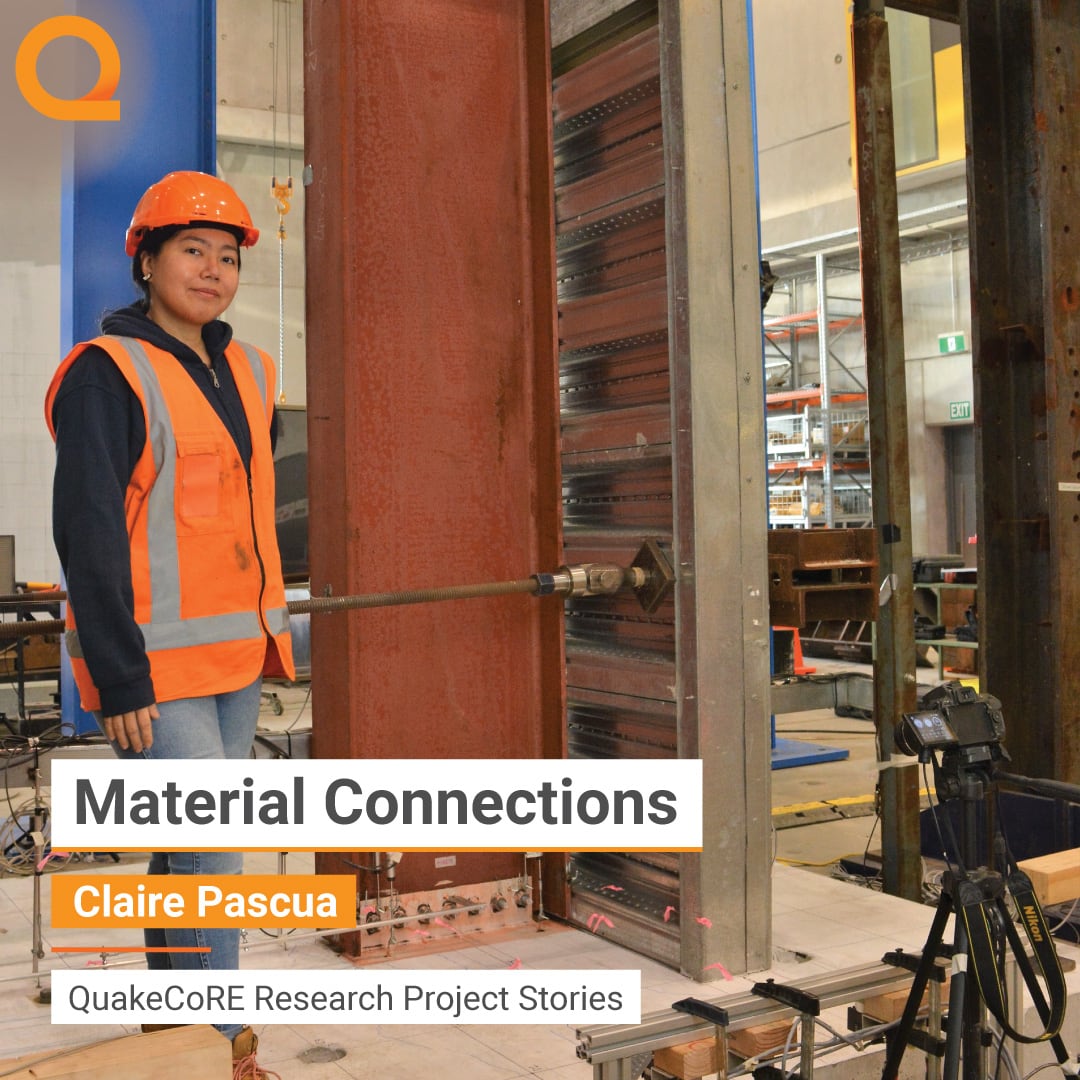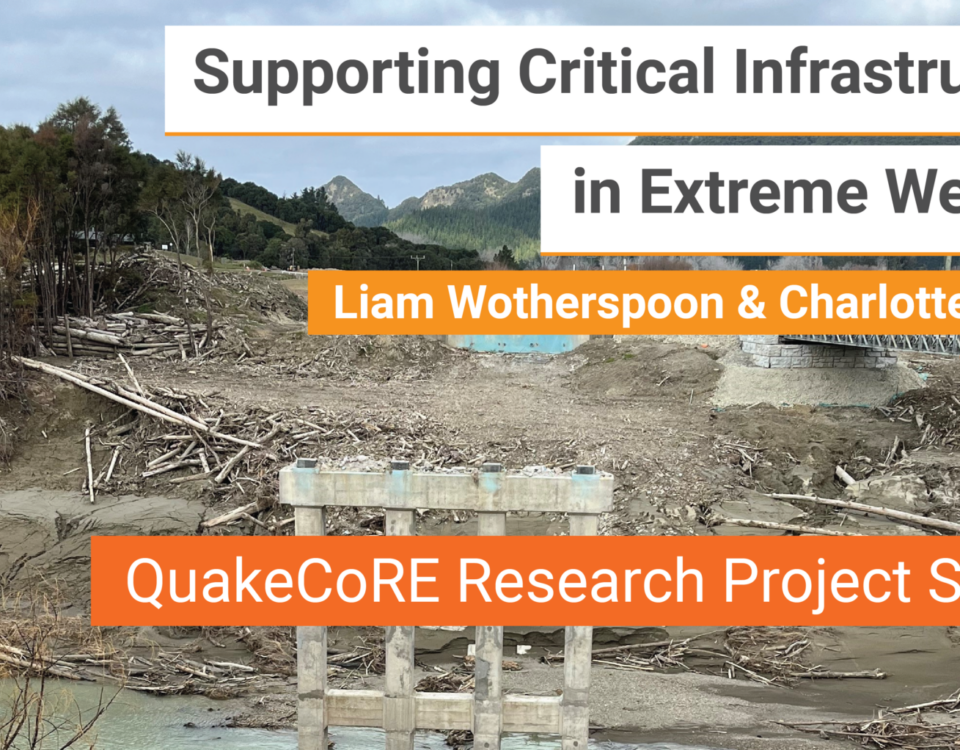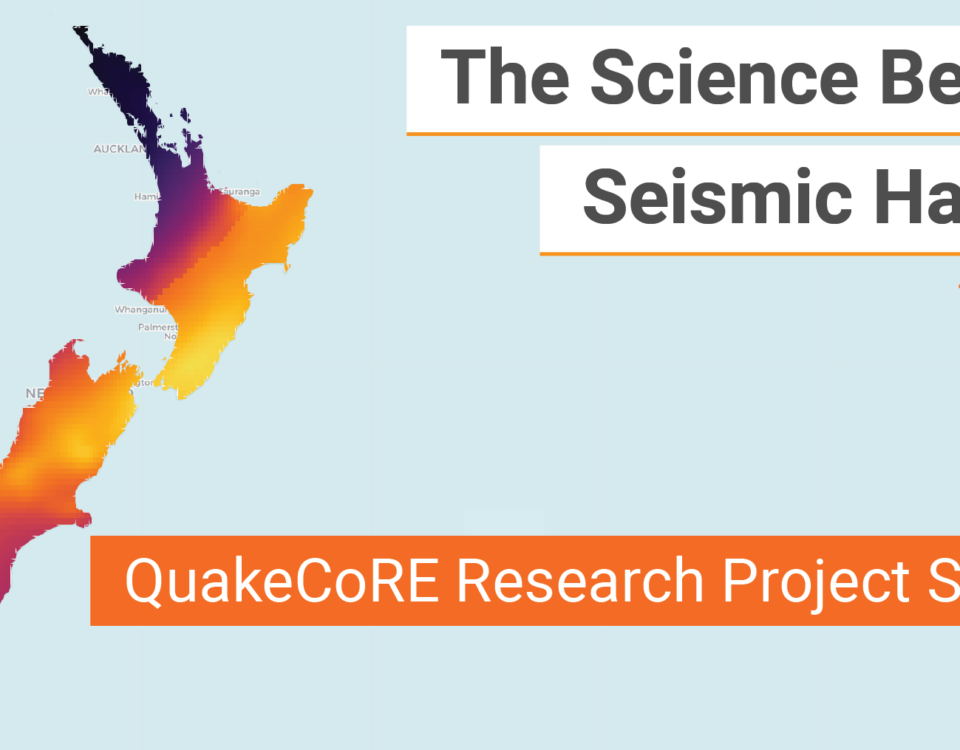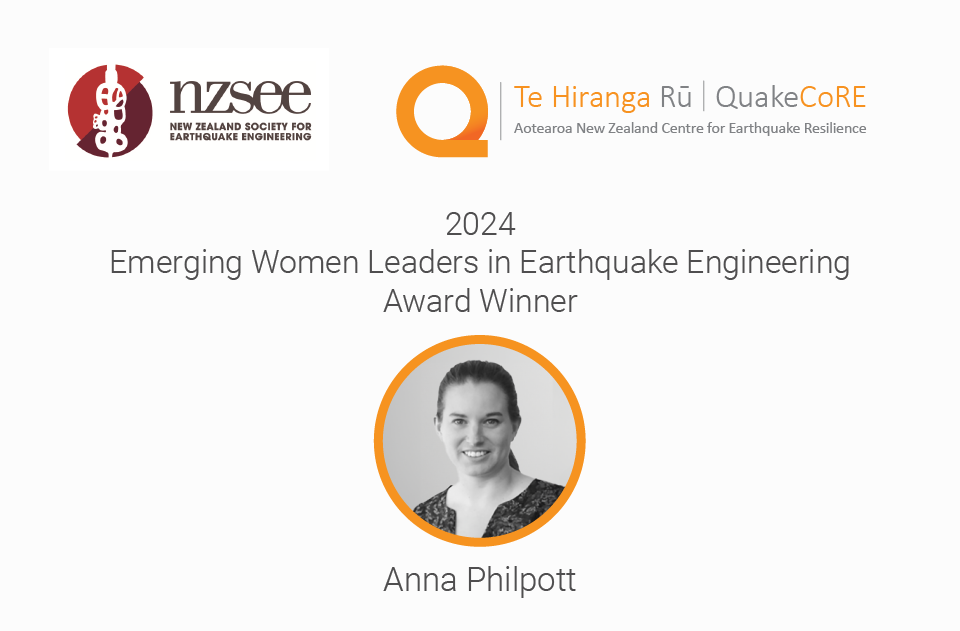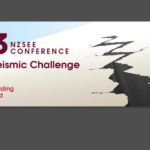
QuakeCoRE Community Winners of 2023 NZSEE Awards
June 1, 2023
QuakeCoRE Scholar Research Stories: Matt Luani
June 16, 2023

Accounting for Cascading Failures
Collapsed buildings, damaged roads, and broken power lines are direct impacts of natural hazard events. However, it’s the indirect impacts that can cause widespread, inequitable, and longer lasting issues. Much of Aotearoa New Zealand’s infrastructure is interdependent – a water supply pumping station may not be directly damaged but becomes inoperable because it needs electricity from now-severed power lines. Such “cascading failures” are rarely considered in risk analyses thereby underestimating impacts and missing opportunities for mitigation.
Early career researcher Tom Logan of the University of Canterbury is collaborating with Rebecca Peer and Conrad Zorn to better quantify cascading failures. They’re working on a Te Hiranga Rū QuakeCoRE project entitled, “Enhancing risk assessment by understanding cascading failures through interdependent urban infrastructure.” The Canterbury Lifelines Utilities Group and the Christchurch City Council’s Coastal Hazards Adaptation Planning team are partners in the research.
The researchers have built a model of topography and infrastructure networks in Christchurch using high-resolution, real-world data. Earthquake, tsunami, flood scenarios are applied to determine likely impacts. The model is then taken a step further to incorporate indirect impacts from cascading failures. This accounts, for example, for supermarkets rendered inaccessible as well as those directly damaged.
Tom says an important way to reduce risk is for councils, infrastructure providers, and communities to plan together rather than in isolation. Multi-hazard risk assessments have been developed from the modelling to enable effective planning of mitigation and adaptation measures. And the researchers have created “Risk Explorer”, an interactive geospatial dashboard to enhance the visualisation of results.
This innovative approach to hazard and risk modelling facilitates a much closer look at impacts on people. Communities can see how their access to essential services might be compromised after a natural hazard event. Tom hopes this will empower them to take action in advance and boost their ability to cope in the aftermath of a disaster.
Interested in reading more of our short-form Research Stories?

Our annual Request for Proposals (RfP) supports eighteen-month, Associate Investigator led research projects that complement the Coordinated Research Projects within the Disciplinary Themes (DT) and Inter-disciplinary Projects (IP) of QuakeCoRE's Research Programme.
The RfP includes Proposal Development Grants which enable early career researchers to develop strong contestable external research proposals.
The annual call for RfP Projects and Proposal Development Grants is held in September / October and is announced on the QuakeCoRE website and in our newsletter.
Stay up-to-date with the QuakeCoRE monthly Newsletter


